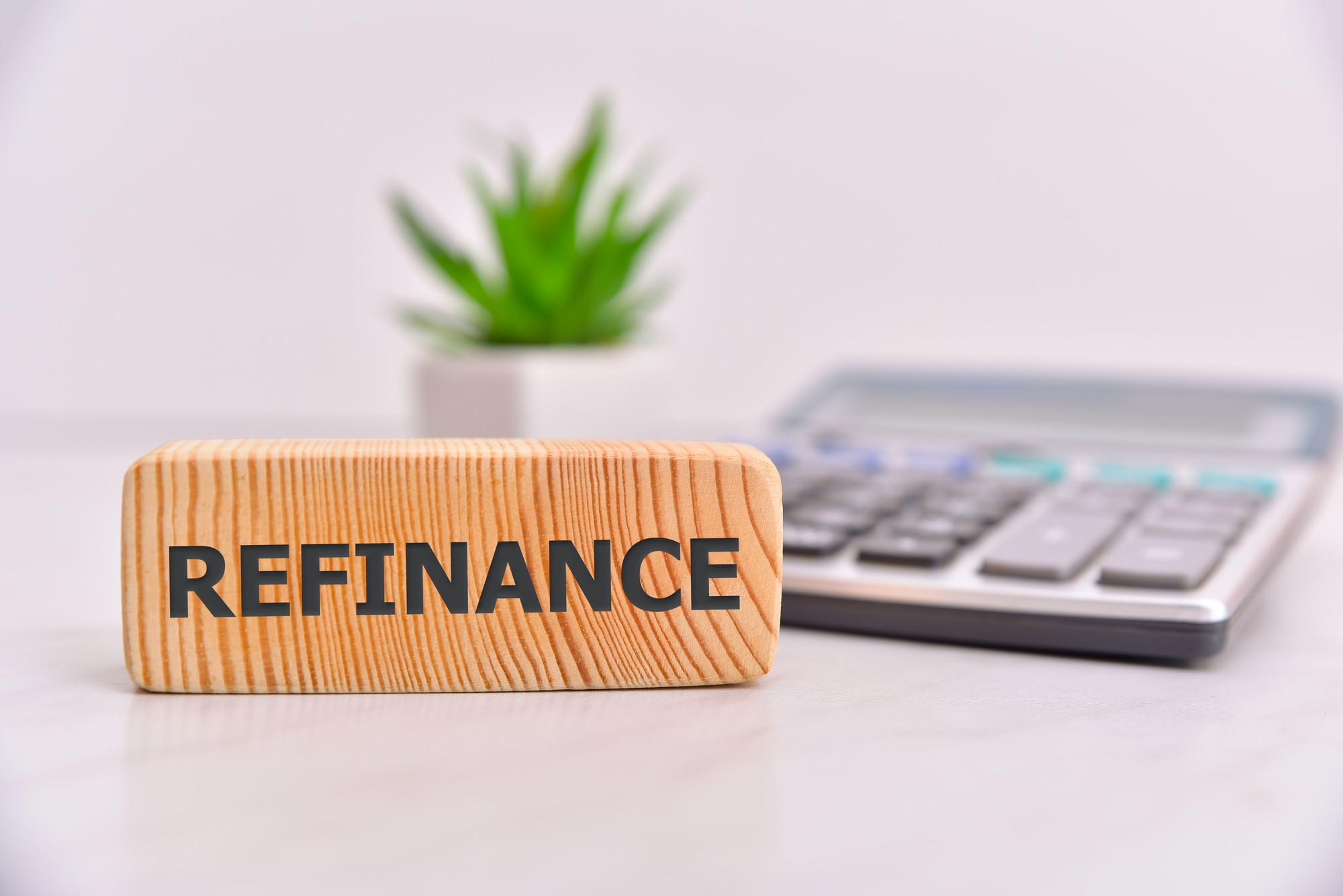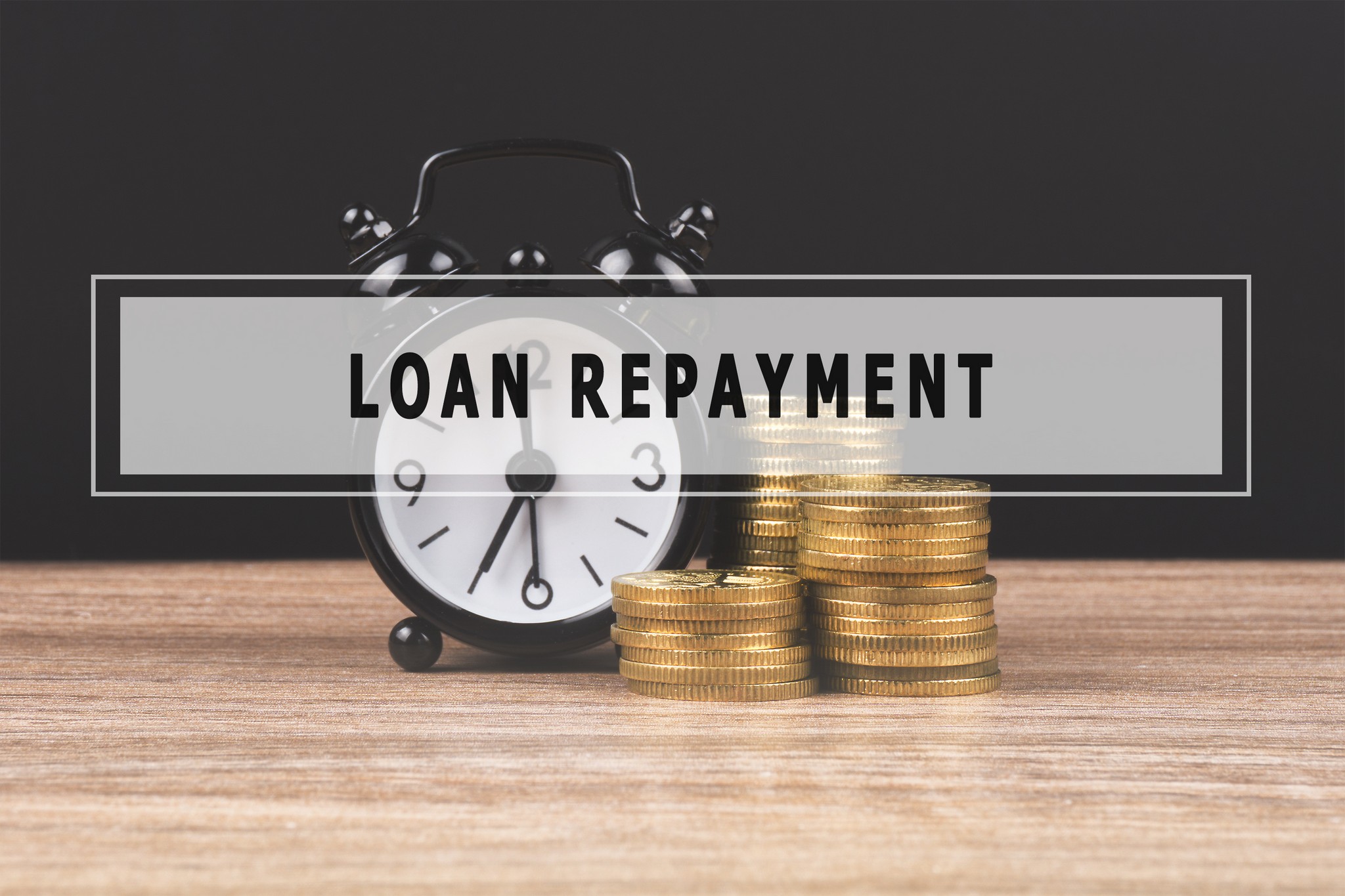Countless new investors aspire to have a complete real estate portfolio. However, knowing how to get there might be difficult when you’ve only recently acquired one real estate. With that in mind, here’s a step-by-step approach to growing your real estate portfolio. You’ll discover tips on how to build one yourself.
While each portfolio is unique, they all serve the same purpose: to assist real estate investors move closer to their investment goals. While many investors want to construct a profile that would allow them to attain financial independence, others utilise their portfolios to attain more practical goals, like as funding for their children’s college educations or planning for retirement.
How to use the equity in your home
Home equity is an investor’s best friend. It provides you with the ability to purchase a nicer home or invest. But what exactly is it? The gap between what you owe and what your home is worth is referred to as equity. The more your neighborhood’s values have climbed since you purchased, the larger your sweet piece of equity may be!
Begin with a property valuation to compute it. A real estate agent or a bank can help you with this. Depending on your circumstances, you may be able to borrow up to 80% of the value of your home.
Consider expanding your equity if it looks more like crumbs than the cake you imagined. Make higher monthly payments, create an offset account to decrease interest, or do an ingenious remodelling.
What’s your property investment strategy?
Because the whole objective of developing and managing a real estate portfolio is to help you reach your financial goals, the initial step is to have a strong vision for what you want your portfolio to accomplish.
Are you an investor looking for a new source of consistent monthly income to help you pay your bills? Or do you want to start a business that will help you to attain financial independence? Are you interested in rental yield depending on criteria such as property type, location, and the economy? Do you favor capital growth if you have a good income and your mortgage is paid off? Ideally, you’ll be able to find both. Or are you going to negatively gear for tax cuts? Consult a specialist for tax and financial guidance. As the old saying goes, if you pay peanuts, you’ll get monkeys.
After you’ve determined your portfolio and investment strategy objectives, the following stage is to develop your real estate investing business plan. While this may appear to be a lot of work, it is worthwhile. A business plan will assist you in defining precise, shorter-term goals, moving closer to attaining your goals, and defining the tactics you plan to employ to meet those goals.
Additionally, while it is not required, if you want to bring in partners to assist you fund or manage your initial investment potential, having a comprehensive business plan might help persuade them that you are committed.
Do your research
When you’re prepared to go, the research process begins. You’ll discover which marketplaces are popular and which are not, and you’ll choose a location. Then there are rental yields, demographics, median pricing, and clearing rates… What will your rent-to-repayment ratio be? Can negative gearing do the job? Are there any upcoming public transportation improvements or new schools that will promote capital growth? Is there a high-rise projected for the next street? Your new pastime is investigation!
You should collaborate with a group of real estate industry specialists, including a real estate agent and a mortgage broker. They can assist you in determining the finest real estate bargains and financing options for you.
When it comes to purchasing an investment property, though, it all boils down to the numbers. Once you’ve identified a property that you believe may be a suitable investment option, conduct an investment property study to ensure it makes financial sense.
Getting finance
A qualified advisor will assist you in assessing your equity, determining how to unlock it, and recommending a course of action. They will also assist you obtain pre-approval, which is a lender’s in-principle confirmation that you may borrow money to buy a dwelling. There are no guarantees, thus the term “pre-approval,” but there is sense of security! Contact us to find out how we can assist you.










